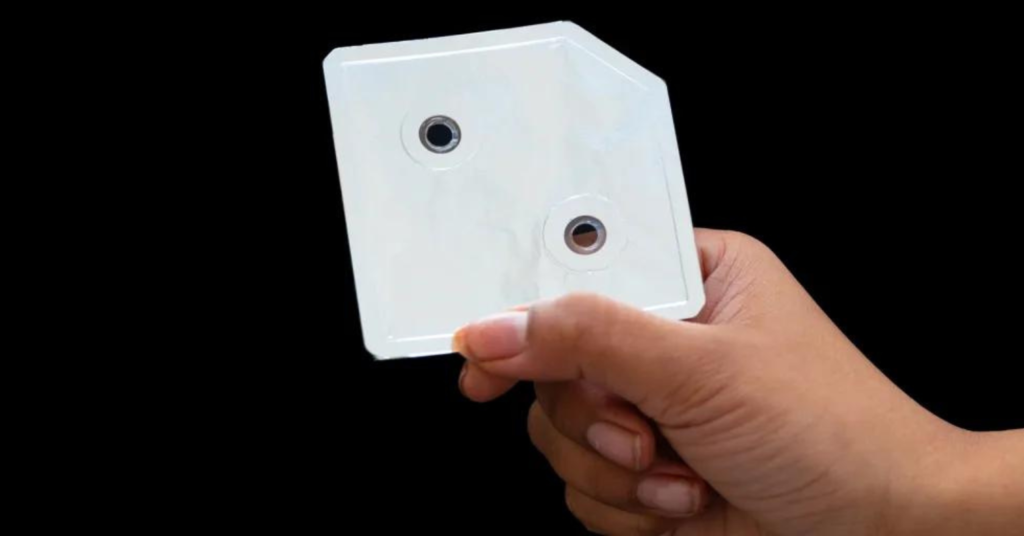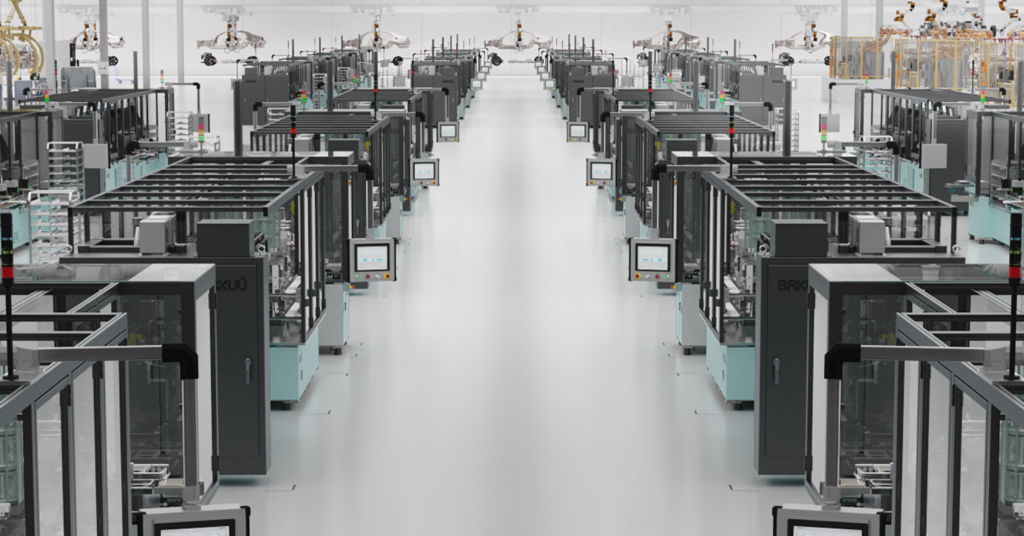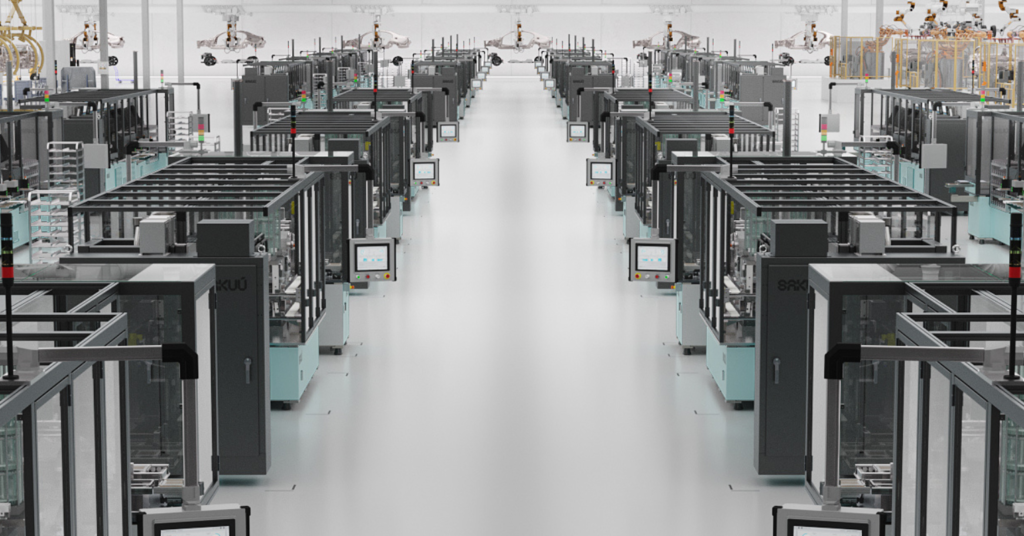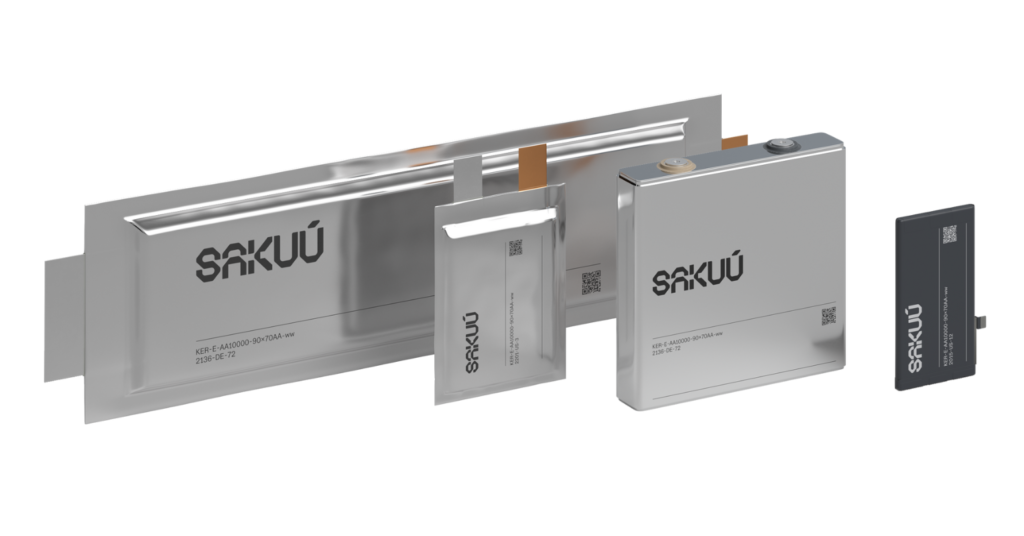A Silicon Valley startup may have just revolutionized the battery industry forever.

Sakuu systems have figured out how to use 3D printers to create solid-state batteries with a reduction in materials usage of up to 40%.
This is achieved through the use of powder loaded into 3D printers, allowing for precise manufacturing and customized shapes to fit a range of applications. The reduction in materials usage is not only cost-effective but has significant environmental benefits.

Traditional lithium-ion batteries have a high environmental impact due to their complex manufacturing process, use of rare and toxic materials, and disposal of used batteries. However, Sakuu’s solid-state batteries offer several environmental benefits:
1. Recycling: Solid-state batteries are easier to recycle compared to lithium-ion batteries. They can be recycled using less energy and fewer toxic chemicals, reducing the environmental impact of battery disposal.
2. Energy Efficiency: Sakuu’s solid-state batteries offer greater energy density compared to traditional lithium-ion batteries. This translates to longer battery life and less frequent charging, resulting in a reduction in energy consumption and carbon emissions.
3. Manufacturing Efficiency: The 3D printing method used by Sakuu systems reduces the amount of material required for battery production, resulting in a reduction in the environmental impact of raw material extraction and transportation.

4. Customizable Shapes: Sakuu’s solid-state batteries can be manufactured in almost any shape, enabling innovative designs that can be incorporated into products more efficiently, ultimately reducing energy consumption.

The environmental benefits of Sakuu’s 3D-printed solid-state batteries are significant, offering a more sustainable solution to our energy needs. By reducing material usage, enabling recycling, and offering greater energy efficiency, they represent a step forward in the quest for sustainable energy solutions.